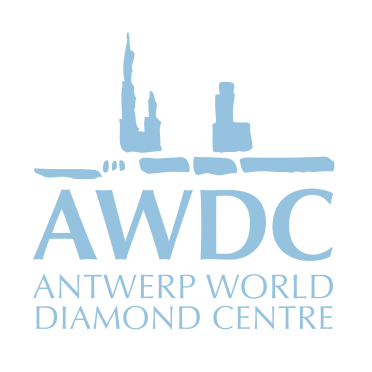Employees of the European Economic Area
Filters
In the 31 member states of the European Economic Area (EEA) - with the exception of Bulgaria and Romania - the free movement of workers is a fundamental right whereby citizens of a country belonging to the EEA may work in another EEA country under the same conditions as the citizens of that member state of the EEA. Consequently EEA workers are exempt from presenting a work permit (arbeidskaart).
Austria, Belgium, Bulgaria, (the Greek part of) Cyprus, the Czech Republic, Croatia, Germany, Denmark, Estonia, Finland, France, Greece, the United Kingdom, Hungary, Ireland, Iceland (EEA), Italy, Liechtenstein (EEA), Latvia, Lithuania, Luxembourg, Malta, Netherlands, Norway (EEA), Poland, Portugal, Romania, Slovenia, Slovakia, Spain and Sweden. Although Switzerland is not a member of the EEA, bilateral agreements are in place between the EEA and Switzerland, including an ‘Agreement on free movement of persons. Therefore the EU rules of free movement of persons also apply on Switzerland.
When recruiting employees from the European Economic Area (EEA) the same obligations apply as for recruiting Belgian employees.
Citizens from the following countries are considered EEA workers: Citizens of Austria, Belgium, Bulgaria, (the Greek part of) Cyprus, the Czech Republic, Croatia, Germany, Denmark, Estonia, Finland, France, Greece, the United Kingdom, Hungary, Ireland, Iceland (EEA), Italy, Liechtenstein (EEA), Latvia, Lithuania, Luxembourg, Malta, Netherlands, Norway (EEA), Poland, Portugal, Romania, Slovenia, Slovakia, Spain and Sweden. Although Switzerland is not a member of the EEA, bilateral agreements are in place between the EEA and Switzerland, including an ‘Agreement on free movement of persons. Therefore the EU rules of free movement of persons also apply on Switzerland.





